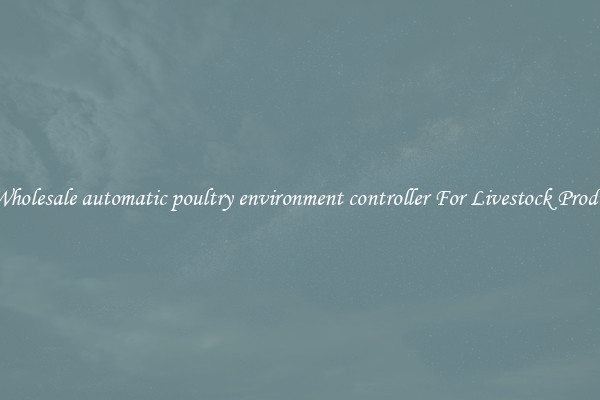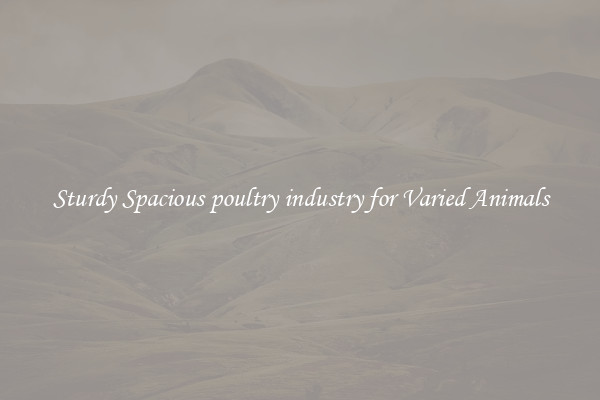Nutritious poultry enzymes For All Livestock
Nutritious Poultry Enzymes for All Livestock

In order to ensure the health and well-being of livestock, it is crucial to provide them with a balanced and nutritious diet. One significant component of livestock feed that can greatly impact their digestion and overall health is the presence of poultry enzymes. These enzymes play a crucial role in breaking down complex nutrients into smaller, more easily digestible components, enhancing the livestock's nutritional absorption and improving overall performance.
Poultry enzymes, such as amylase, protease, and lipase, are known for their ability to break down carbohydrates, proteins, and fats, respectively. These enzymes are naturally produced by chickens and are commonly used in poultry feed. However, their benefits expand beyond birds, making them suitable for all livestock species.
One of the primary advantages of incorporating poultry enzymes in livestock feed is improved digestion. By breaking down complex nutrients, these enzymes enable animals to extract maximum nutrition from their diet, leading to better growth rates and enhanced feed conversion efficiency. Livestock that can efficiently digest and absorb nutrients have increased energy levels and stronger immune systems, ultimately resulting in higher productivity.
In addition to improved digestion, the presence of poultry enzymes in feed can also alleviate digestive disorders and enhance gut health. Animals often face challenges such as diarrhea, constipation, and bloating due to inadequate digestion. Poultry enzymes help by optimizing the digestion process, reducing the likelihood of these issues and promoting a healthy gut microbiome. A healthy gut not only improves nutrient absorption but also aids in preventing diseases and infections.
Moreover, poultry enzymes have been found to have an overall positive impact on animal welfare. As animals efficiently absorb nutrients, their overall well-being is enhanced, leading to reduced stress levels and improved overall health. Livestock raised in optimal conditions with access to high-quality feed enriched with poultry enzymes are less prone to diseases, ensuring a better quality of life and longevity.
Lastly, the inclusion of poultry enzymes in livestock feed contributes to sustainable agriculture practices. By improving feed efficiency and ensuring optimal nutrient utilization, less feed is required to achieve the desired growth and productivity. This reduces the environmental footprint by minimizing waste and lowering greenhouse gas emissions associated with livestock production. Poultry enzymes, therefore, contribute to more sustainable and eco-friendly livestock farming.
In conclusion, incorporating poultry enzymes in livestock feed is essential for maximizing digestion, enhancing gut health, improving animal welfare, and promoting sustainable agriculture practices. These enzymes play a significant role in breaking down complex nutrients, optimizing nutrient absorption, and ensuring better growth rates. Livestock producers should prioritize the inclusion of such enzymes in their feed formulations to unleash the full potential of their animals and contribute towards a more sustainable future.

View details

View details

View details

View details







